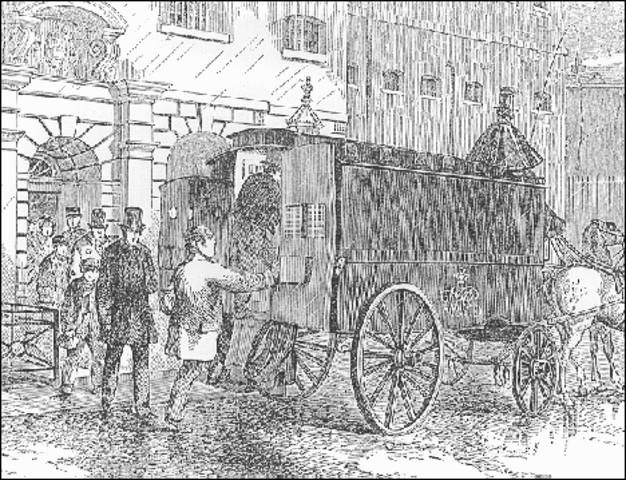Hold on, desire is looming,
Moonlight chairs in radiance
Over the vault of wisdom:
Nature, you’d better paint in blue
Mushrooms, flowers so gaudy in their red,
Or have them hide from star to heaven:
Is that yours, the mighty lure of thirst?
No way -
Ever the light monger she glides along
As waste, stubble and bushes burn ablaze -
Forget it, fire, those souls are hounding
Darkish rooms, silent stones
In the evening’s last starvation,
Will light pop in out of the blue?
Not that she cares if the air is shaking
Or you feel roots among shivering grass -
Ask her if she’s on time, fire,
While words go to shreds
And my eyes desert your voice -
Demise, you’re but an outsider to her whys,
It’s only fair for light to dwell in other places,
Where troops cruise the streets,
Black Marias speed like hell,
Riots all over, wolves howling again,
Do they need her?
Of course, that’s why young women bother
With hidden dreams –
Or lace as second best, when dreams go awol.
[from "A Blue Soul" Argotist Ebooks]

Moonlight chairs in radiance
Over the vault of wisdom:
Nature, you’d better paint in blue
Mushrooms, flowers so gaudy in their red,
Or have them hide from star to heaven:
Is that yours, the mighty lure of thirst?
No way -
Ever the light monger she glides along
As waste, stubble and bushes burn ablaze -
Forget it, fire, those souls are hounding
Darkish rooms, silent stones
In the evening’s last starvation,
Will light pop in out of the blue?
Not that she cares if the air is shaking
Or you feel roots among shivering grass -
Ask her if she’s on time, fire,
While words go to shreds
And my eyes desert your voice -
Demise, you’re but an outsider to her whys,
It’s only fair for light to dwell in other places,
Where troops cruise the streets,
Black Marias speed like hell,
Riots all over, wolves howling again,
Do they need her?
Of course, that’s why young women bother
With hidden dreams –
Or lace as second best, when dreams go awol.
[from "A Blue Soul" Argotist Ebooks]

On 20 September 1858 the London Metropolitan Police acquired their 1st secure vans with separate locked cubicles to transport prisoners. Following an American usage, they were eventually known as Black Marias, Apparently after a famous race horse of that name (its greatest victory was a 20-mile race in New York in 1832). In 1835 police vehicles in New York were called Black Marias, and the term had spread to Philadelphia in 1844 and in Boston in 1847. (An African American boardinghouse keeper in Boston in the 1820s named Maria Lee had been known for assisting the police in handling unruly seamen, some of whom took their memories of her home to England wit them.) Émile Gaboriau referred to police vans as Black Marias n his crime novel "Monsieur Lecoq" in 1869. The term also came into use in the Norwegian, Icelandic, Finnish, Serbian, Croatian and Slovene languages. The female name is derived from the Hebrew for bitterness.
ReplyDeleteAwol is Absent Without Leave, an American military term for being absent from one's post but without intent to desert, arose during World war I. The acronym came into common use in the 1920s.